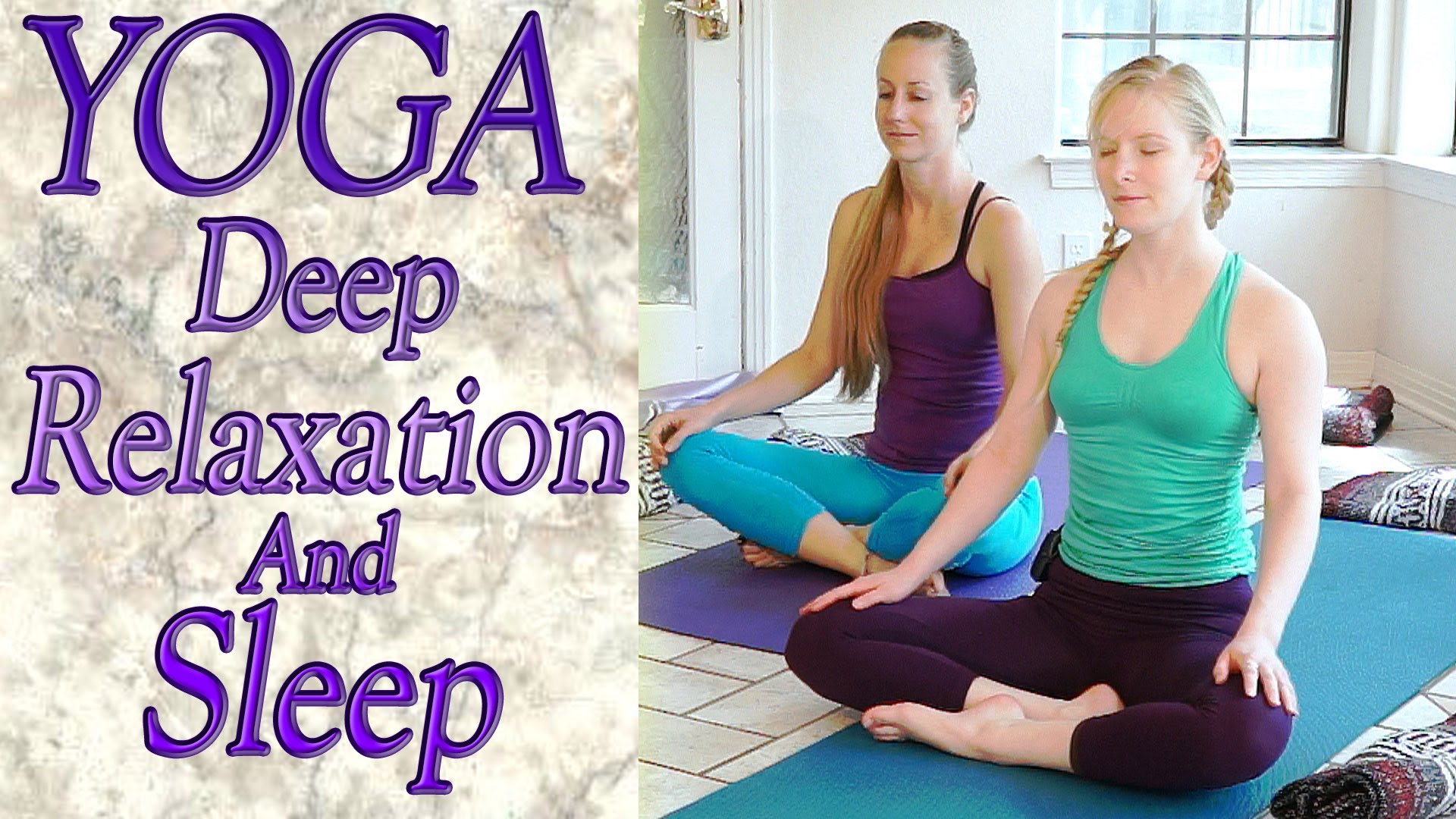Stress Management Techniques and Tips
In order to know how to employ effective stress management techniques we first need to understand as much about the sources of stress as possible. We then need to be able to recognize the symptoms of stress to be able to decide what kind of stress management tips we need to consider.
Stress builds up as you crawl to work in all that traffic, stare at that unexpected bill, or worry that you just can’t cope any longer at work or at home. To enjoy life you need challenges that you can cope with. Sadly we are all, at times, faced with challenges that we cannot cope with or just grind us down. It’s then that we need effective stress management techniques.
Stress Management Techniques
Positive stress adds anticipation and excitement to life, and we all thrive under a certain amount of stress. Deadlines, competitions, confrontations, and even our frustrations and sorrows add depth and enrichment to our lives. Your goal should not be to eliminate stress but to learn effective stress management techniques and to benefit from your positive stress.
Insufficient stress acts as a depressant and may leave you feeling bored or dejected. On the other hand, excessive stress may leave you suffering any number of the above symptoms of stress. Both extremes may require some forms of stress management techniques. You need to find the optimal level of stress which will motivate but not overwhelm you.
Recognising stress and being aware of its effect on your life will not reduce its harmful effects. There are many options available for you for managing stress. However, they all require effort toward change: changing the source of stress and/or changing your reaction to it. So how do you proceed with stress management techniques?
Stress Management Tips
Be Aware of Your Sources of Stress
Recognise your emotional and physical reactions. Notice your distress. Don’t ignore it. Don’t gloss over your problems. What events distress you? What are you telling yourself about meaning of these events? Determine how your body responds to the stress. Do you become nervous or physically upset? Effective stress management requires self-awareness.
Recognise What You Can Change
Can you change your stressors by avoiding or eliminating them completely? Can you reduce their intensity (manage them over a period of time instead of on a daily or weekly basis)? Can you shorten your exposure to stress at work (take a break, leave the building, etc.)? Can you devote the time and energy necessary to making a change? (goal setting and time management techniques will be helpful here).
Reduce Your Emotional Reactions to Stress
Reduce the intensity of your emotional reactions to stress. The stress reaction is triggered by your perception of physical and/or emotional danger. Are you viewing your sources of stress in exaggerated terms and/or taking a difficult situation and making it a disaster? Are you expecting to please everyone? Are you overreacting and viewing things as absolutely critical and urgent? Do you feel you must always prevail in every situation? Are you crying out for effective stress management tips and stress management technique?
Working at adopting more moderate views is the ideal approach to managing stress here. Try to see the stress as something you can cope with rather than something that overpowers you. Try to temper your excess emotions. Put the situation in perspective. Do not labor on the negative aspects and the “what if’s”. These kinds of stress management techniques requires self awareness and a good deal of mental effort.
More effective stress management techniques are is to visualize yourself standing back from or stepping out of an emotional situation, to just be an impartial observer of your situation. You may often be able to find a sense of emotional balance this way.
Practice Yoga or Qigong
Yoga and Qigong have become increasingly popular in recent years. Both are widely recognized as effective methods to stretch, tone, strengthen, and relax your entire body. Yoga and Qigong are safe and effective for people of all ages and will reward you with glowing good health.
Moderate Your Physical Reactions to Stress
Slow, deep, regular breathing will bring your heart rate and respiration back to normal. Relaxation and breathing techniques can reduce mental stress and muscle tension, and are preferrable stress management techniques than using medication. Medication, when prescribed by a physician, can help in the short term in moderating your physical reactions. However, they alone are not the answer. Learning to moderate these reactions on your own are preferable long term stress management techniques.
Build Your Physical Reserves
Exercise three to four times a week (moderate, prolonged rhythmic exercise is good for stress reduction, such as walking, swimming, cycling, or jogging). Eat well-balanced, nutritious meals. Maintain your ideal weight. Stop smoking! Avoid excessive caffeine, and other stimulants. Mix leisure with work. Take breaks and get away when you can. Get enough sleep. Be as consistent with your sleep schedule as possible. All essential stress management tips to weave into your life.
Maintain Your Emotional Reserves
Develop some mutually supportive friendships. Pursue realistic goals which are meaningful to you, rather than goals others impose on you that you do not share. Expect some frustrations, failures, and sorrows. Always be kind and gentle with yourself and approve of yourself – be your own best friend (one of the best stress management techniques of all!).




